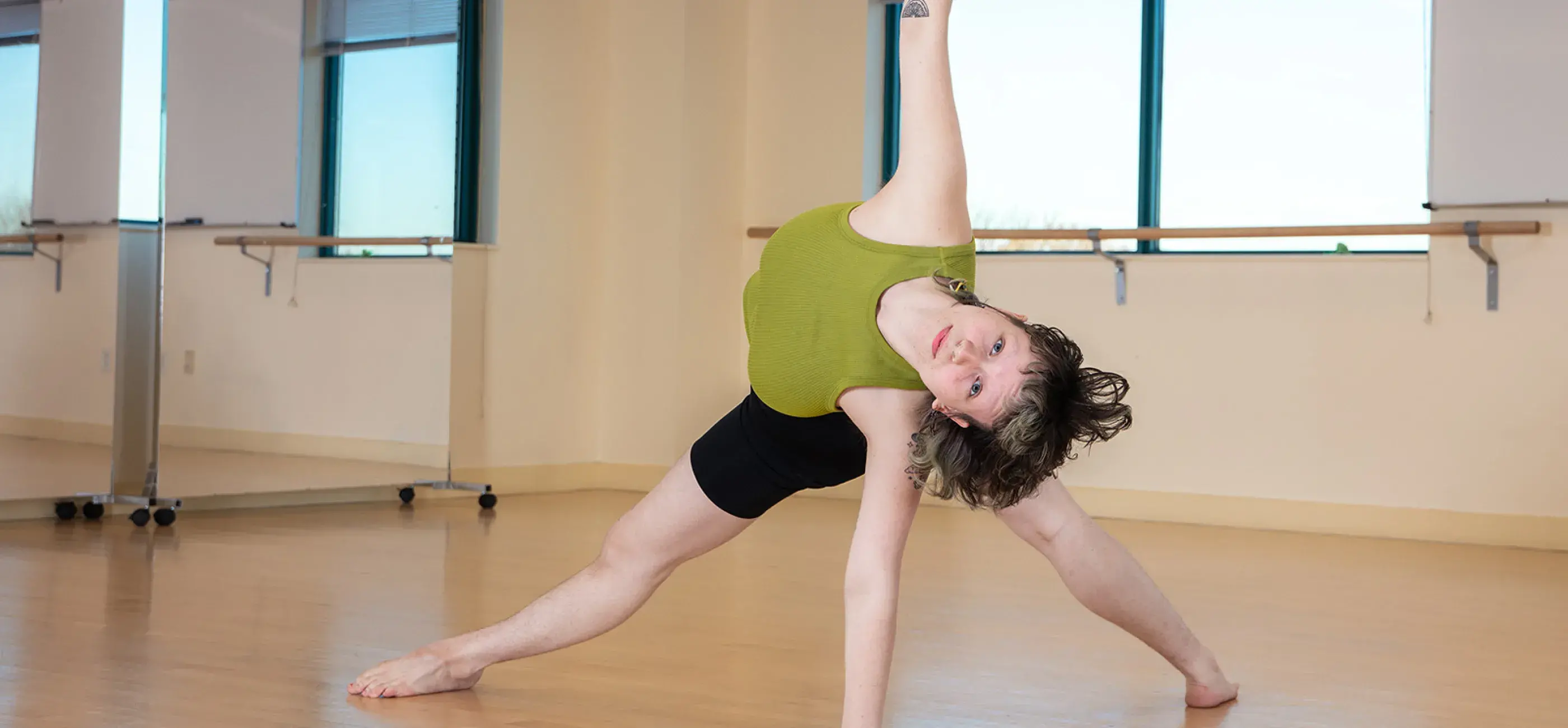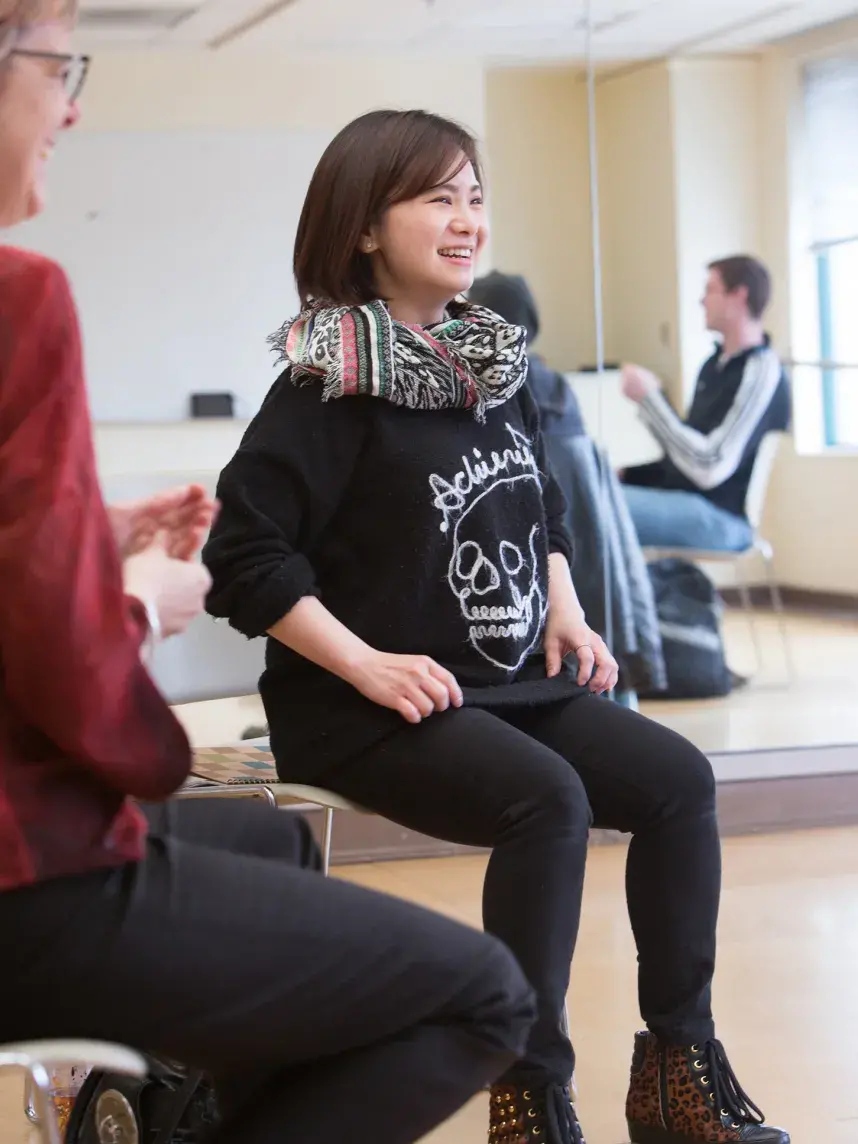An important differentiator of our programs is that we are one of the only schools in the nation offering specializations in all five expressive therapy modalities: art, dance and movement, drama, expressive arts, and music within the same academic area. As a result, Lesley students learn alongside peers with different strengths and interests. The result is a less siloed learning environment and a richer experience.
As an expressive therapies student, you’ll also complete more than 900 hours of supervised field work across two different placements at many highly respected teaching hospitals, clinics, and mental health facilities in Boston and across the country. It’s crucial practical experience that provides you with the broad exposure and deep experience you need to hit the ground running as a working professional.

